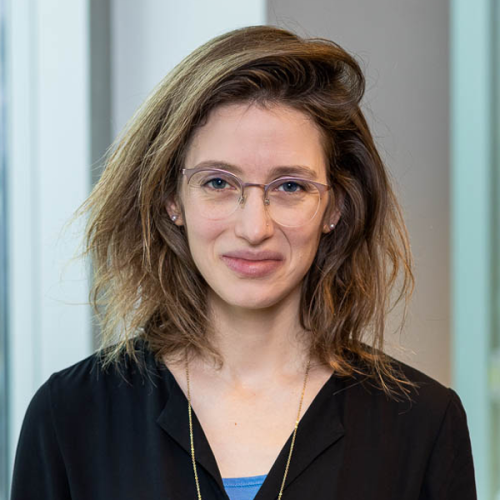
The Broadband Commission for Sustainable Development, co-founded by UNESCO and ITU, has launched a comprehensive new research study on one of the world's most difficult challenges: ‘Balancing Act: Countering Digital Disinformation while respecting Freedom of Expression’. The report is published in the context of the Commission’s 10th Anniversary.
A clear and evidence-based message of this report is that we should unite our work to combat disinformation with actions to advance freedom of expression. The study is unique in its global scale and comprehensiveness, with a suite of sector-specific actionable recommendations, and a bibliography of 700 citations. The book-length report was compiled by a consortium of seven international researchers and reviewed and endorsed by leading external experts from five continents.
The findings are organised into a typology of 11 different categories of responses to disinformation – ranging from identification and investigatory responses, through to policy and legislative measures, technological steps, and educational approaches.
For each category of response, the reader will find a description of work being done around the world, by which actors, how it is funded and who or what is targeted. The report further analyses the underlying assumptions and theories of change behind these responses, while weighing up the challenges and opportunities. Each category of response is also assessed in terms of its intersections with the universal human right of freedom of expression, with a particular focus on press freedom and access to information. Finally, case studies of responses to COVID-19 disinformation are presented within each category.
The report provides stakeholders with a rich suite of sector-specific recommendations, as well as a helpful 23-point framework that can be used for assessing any particular response to disinformation in the context of freedom of expression challenges. This research will help the widest range of key actors to better understand this phenomenon, and especially the way the world is responding to it, and where the gaps are.
At the heart of this knowledge product is the need to balance responses to disinformation with respect for freedom of expression. The research shows us that this can be done.
Celebrating its 10th Anniversary this year, the ITU/UNESCO Broadband Commission for Sustainable Development, co-chaired by H.E. President Paul Kagame and the entrepreneur/philanthropist Carlos Slim, is a public-private forum of leaders in technology, government, multilateral and UN, civil society and academia to help advance universal access to information through enhancing broadband connectivity. UNESCO secretariat and Dr. Hessa Al Jaber of Qatar co-chaired the Working Group that commissioned this research.
The research of the Broadband Commission study is edited by Prof. Kalina Bontcheva (University of Sheffield, UK) and Dr. Julie Posetti (International Center for Journalists, US; Centre for Freedom of the Media, University of Sheffield; Reuters Institute for the Study of Journalism, University of Oxford, UK). The other contributing authors are Denis Teyssou (Agence France Presse, France); Prof. Trisha Meyer (Vrije Universiteit Brussel, Belgium); Sam Gregory (WITNESS, US); Clara Hanot (EU Disinfolab, Belgium); and Dr. Diana Maynard (University of Sheffield, UK).
